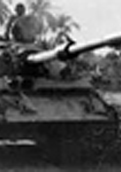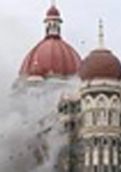The Need for Renaissance of Military History and Modern War Studies in India
The paper makes a case for the need for a renaissance of military history, and modern war studies in India. There is a wide gap in knowledge base of contemporary military history and war studies in India compared to advances made at global level.







